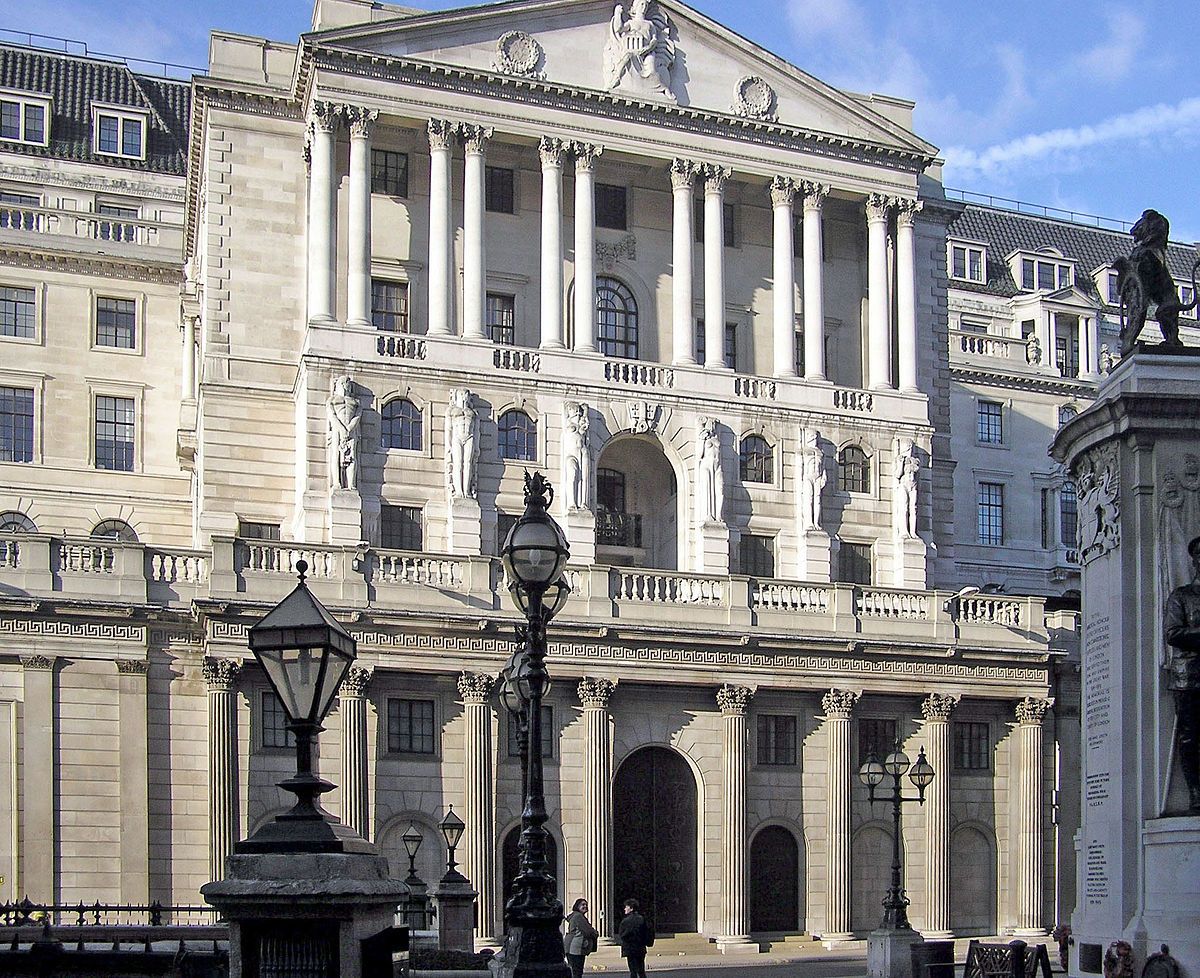US regulators are exploring policies that would allow banks to handle cryptos, FDIC Chair reveals

The chairperson of the Federal Deposit Insurance Corporation (FDIC), Jelena McWilliams, has confirmed that the agency is joining forces with other regulatory bodies in the United States to explore the different avenues through which banks can engage in activities involving cryptocurrencies.
While making a speech at the Money20/20 Fintech Conference on Monday, McWilliams stated that the FDIC, in tandem with the Federal Reserve and the Office of the Comptroller of the Currency, are seeking ways to provide regulatory clarity for banks handling crypto assets, including stablecoins. She added that the FDIC would release “a series of policy statements” on guidance for banks in the forthcoming months.
According to McWilliams, stablecoins present many potential benefits to consumers, such as faster, cheaper, and more efficient payments. However, she opined that if “one or more were to become a dominant form of payment in the United States or globally,” it could bear significant effects on that country’s financial stability with funds no longer accumulated in insured banks.
In order to realize the potential benefits stablecoins have to offer, while accounting for potential risks, stablecoins should be subject to well-tailored government oversight […] That oversight should rest on the foundation that stablecoins issued from outside the banking sector are truly backed 1:1 by safe, highly liquid assets.
The latest comments from the FDIC Chair came a few hours after it was reported that several US regulators had agreed that the Securities and Exchange Commission (SEC) would preside over the nation’s efforts to regulate stablecoins.
Meanwhile, the Department of the Treasury revealed that it was considering the creation of a type of banking charter for issuers of stablecoins.
So far, it appears that many US firms are being cautious of legal actions or other forms of governmental backlash due to the apparent lack of regulatory clarity around digital assets in the country. On the flip side, some lawmakers have suggested policies that compel regulators in the US to liaise with participants in the crypto space to make better decisions concerning the space.
Today I sent a letter to @SECgov & @CFTC with my colleague @PatrickMcHenry urging the agencies to establish a joint working group on digital assets.⁰
— Glenn "GT" Thompson (@CongressmanGT) August 16, 2021
This is an important step to ensure much-needed clarity in the industry for market participants.⁰
More👇https://t.co/8RVb3xW89X pic.twitter.com/3JqtwLPgqa




